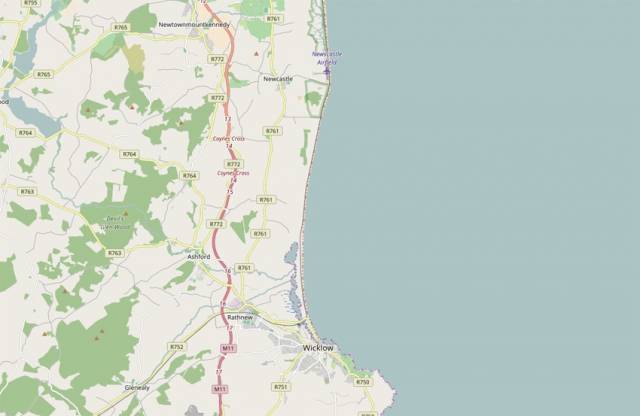#CoastalNotes - Coastal defences in Wicklow suffered significant damage during last week’s Storm Angus, posing a renewed threat to the East Coast rail line, as The Irish Times reports.
The Irish Sea came within metres of the busy Dublin-Wexford line in parts between Newcastle and Wicklow town after erosion from high tides powered by Force 10 winds in the first winter storm of the 2016-17 season.
The same extreme conditions saw a Stena Line ferry stranded outside Fishguard, unable to dock in the Welsh port for more than 24 hours after sailing from Rosslare last Tuesday morning (22 November).
Damage is said to be most severe in Co Wicklow close to where extensive repairs were carried out this past January, with rock armour placed on the adjacent beach at the Murrough, a Natura 2000-designated wetland that’s the largest of its kind on the East Coast.
Further rock armour and steel piling is now being placed at Greystones going south to Kilcoole to protect that stretch of the line after the storm displaced a significant amount of sand, as Iarnród Éireann declared “emergency intervention was required immediately” to save the rail line from future incursion by the sea.
The Irish Times has more on the story HERE.
































































